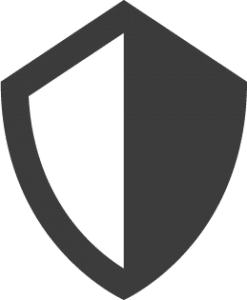Type of response:




The DRC Joint Response has been launched to meet the varied needs of populations inside the Democratic Republic of Congo – with particular focus on food security, water and sanitation and reinforcing child protection structures.
The Democratic Republic of Congo (DRC) has been affected by protracted armed conflict and inter-community violence for decades. This violent context has seen large numbers of people internally displaced inside the country’s borders. The situation inside DRC has been described as one of the most severe humanitarian crises in the world – some 13 million people are currently in need of humanitarian assistance.
In October 2017 three of the country’s regions were classified at the highest level of emergency (Level 3) by several UN agencies – necessitating an urgent and extensive humanitarian response. Recent conflict in the Kasai Central region alone has seen 1.7 million people forced from their homes, according to figures from OCHA.
The impact of these various crises continues to be widely felt, affecting large numbers of people across different sectors including protection, WASH, food security, nutrition, health, education and psychosocial services.
The DR Congo Joint Response sees six leading Dutch NGOs come together to meet the urgent needs of populations across a number of areas. This new response will see measures put in place to improve food security – including distribution of short-season crop seeds and emergency food vouchers.
More than 140,000 people will be targeted with WASH interventions to improve health and hygiene conditions in regions affected by armed conflict. These efforts will be support by measures to improve health, including rehabilitation of health facilities, improved delivery of primary health care and the delivery of clinical care for sexual assault survivors.
Measures to improve and uphold child protection structures will also be undertaken as part of the Joint Response. Cash grants will also be issued to allow vulnerable people to meet their basic needs. The various activities of the response will meet some 198,000 people in total.
Save the Children
Laan van Nieuw Oost-Indië 131-k
2593 BM Den Haag
The Netherlands
Chair organisation: Plan International
E: office@dutchrelief.org